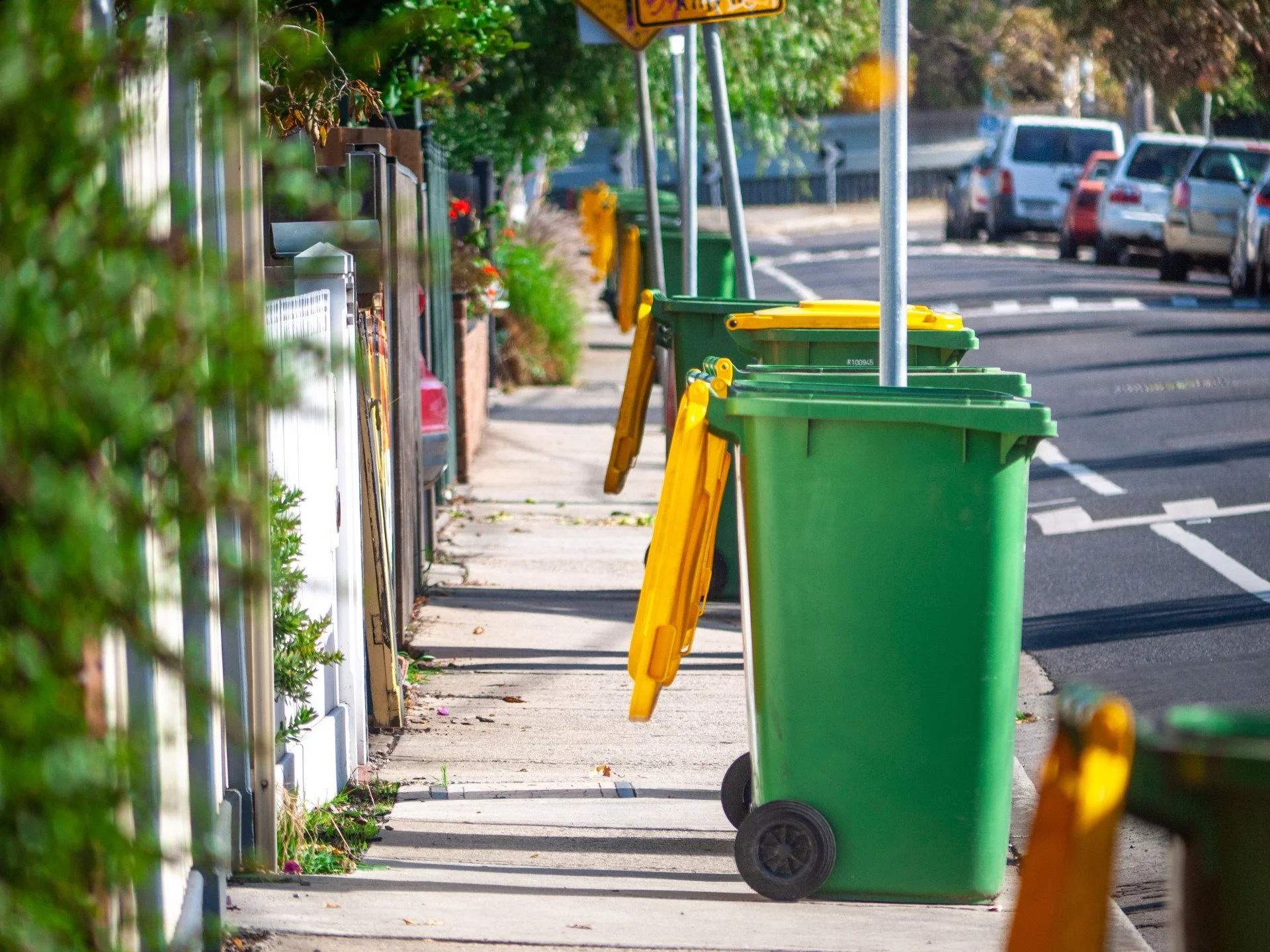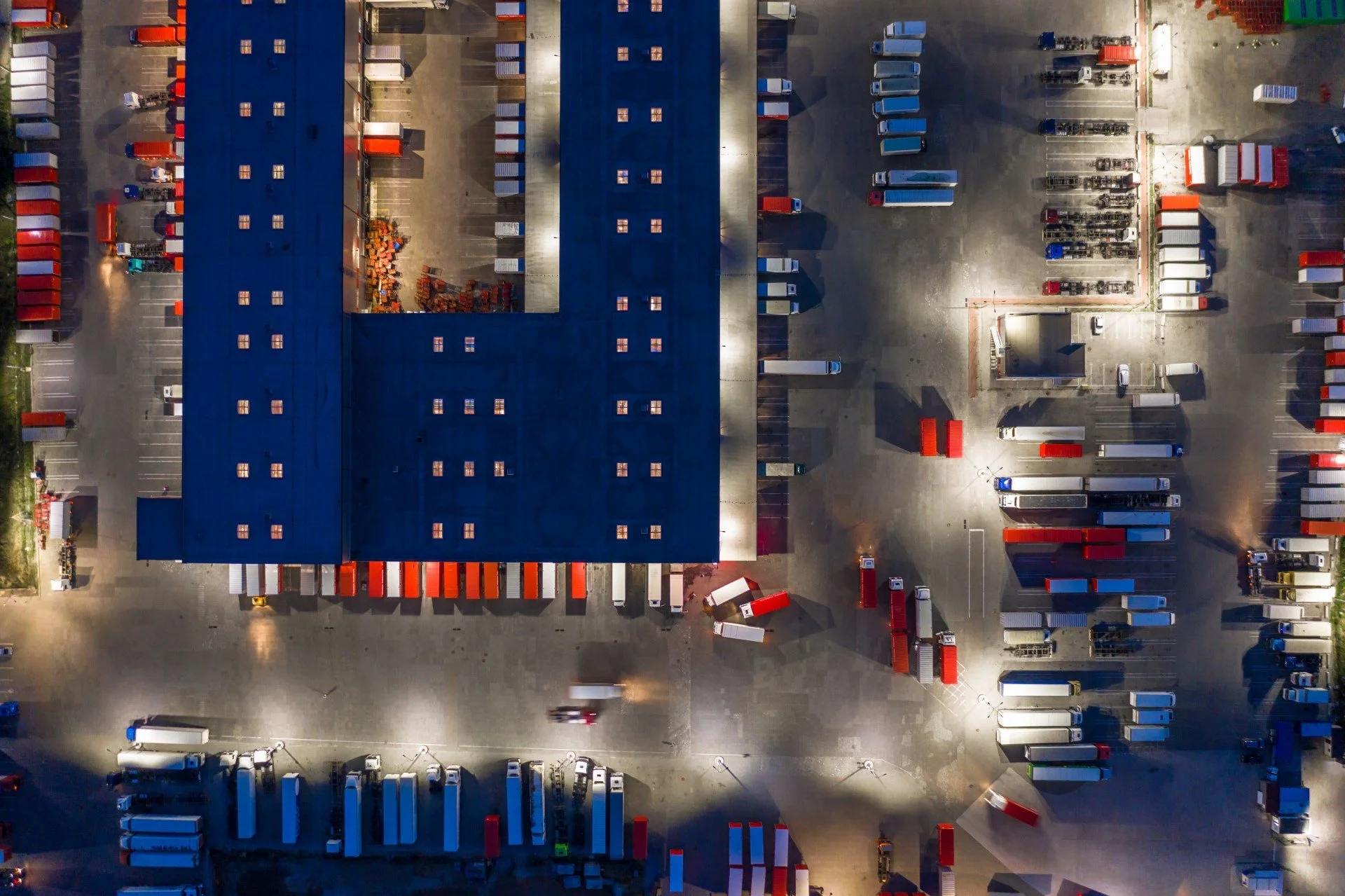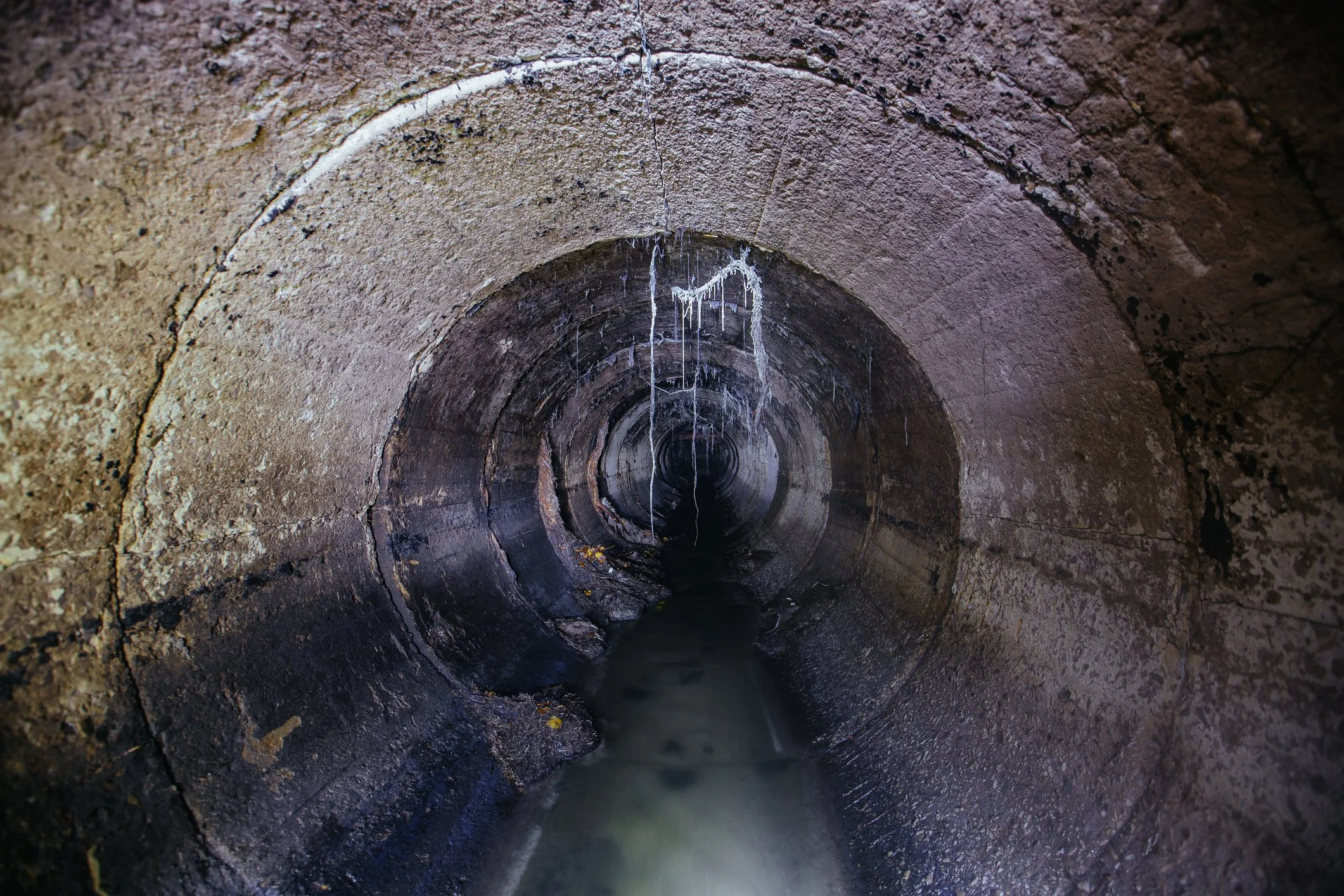Optimising Waste Collection for Sustainable Cities Using Quantum Computing
Overview:
Quantum computing is being applied to urban planning and sustainability, with a focus on optimising waste collection in cities. By using a combination of artificial intelligence (AI) and quantum computing, organisations are creating smarter, more efficient systems that reduce environmental impact while improving operational effectiveness.
Problem:
Urban areas face numerous challenges in waste collection, including inefficiency, excessive vehicle use, and high CO2 emissions. Managing waste collection in dense urban settings requires optimizing routes, vehicle capacity, and collection frequency. Traditional methods often fall short in providing the most efficient solutions, leading to increased operational costs and environmental impacts.
Solution:
A quantum computing approach was used to optimize waste collection routes in a major urban area. By combining AI-based predictions with quantum annealing, the solution developed a model that accurately forecasted waste generation and optimized waste collection routes. This approach helped reduce the number of vehicles needed and minimized CO2 emissions, contributing to more sustainable urban environments.
Technology:
The solution used quantum annealing is a quantum computing technique that helps find optimal solutions to complex problems. By incorporating machine learning and deep learning, it was possible to predict the amount of waste generated with high accuracy (94%). Quantum computing then simulated the most efficient collection routes based on a variety of factors, including vehicle capacity, access points, and collection times.
Prototype Deployment:
The solution was tested in a central business district, where data from multiple buildings, including tenant and employee numbers, was collected. This data was combined with external factors like weather and event information to predict waste generation. The optimized routes resulted in a significant reduction in both CO2 emissions and the number of vehicles required for waste collection.
Commercial Potential:
This quantum-enhanced optimization method has wide-ranging applications in urban management and sustainability efforts. By reducing waste collection time, vehicle use, and emissions, it offers a practical solution for cities looking to improve waste management efficiency. The technology can be expanded to other urban services and could play a key role in the development of smart cities, where advanced technologies are used to improve quality of life and reduce environmental footprints.
Related Use Cases







